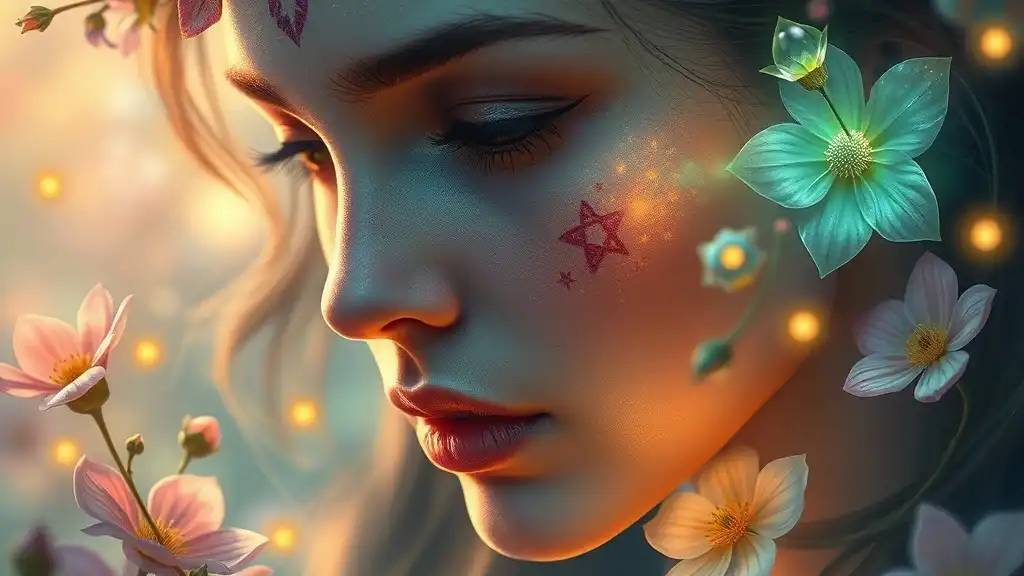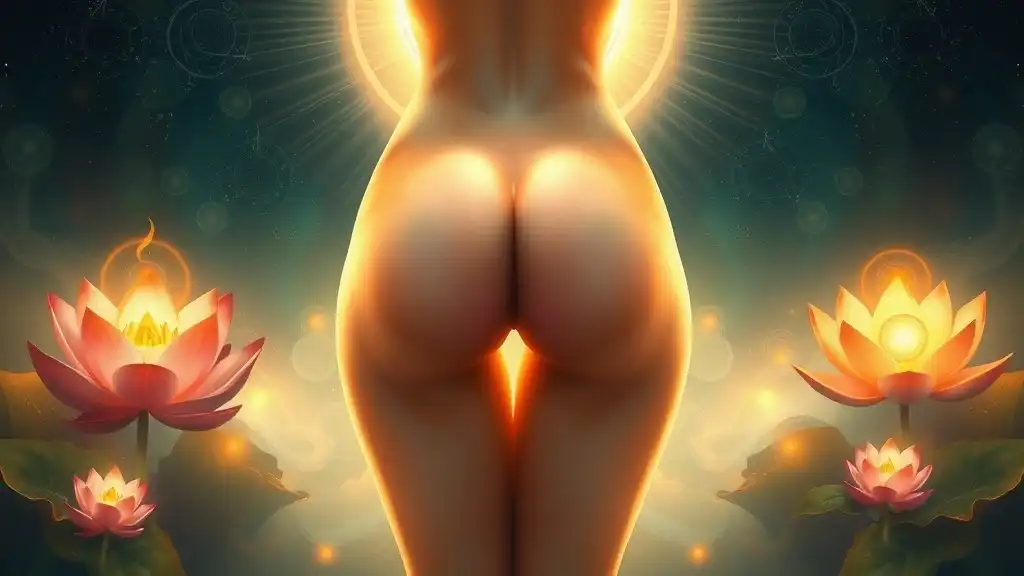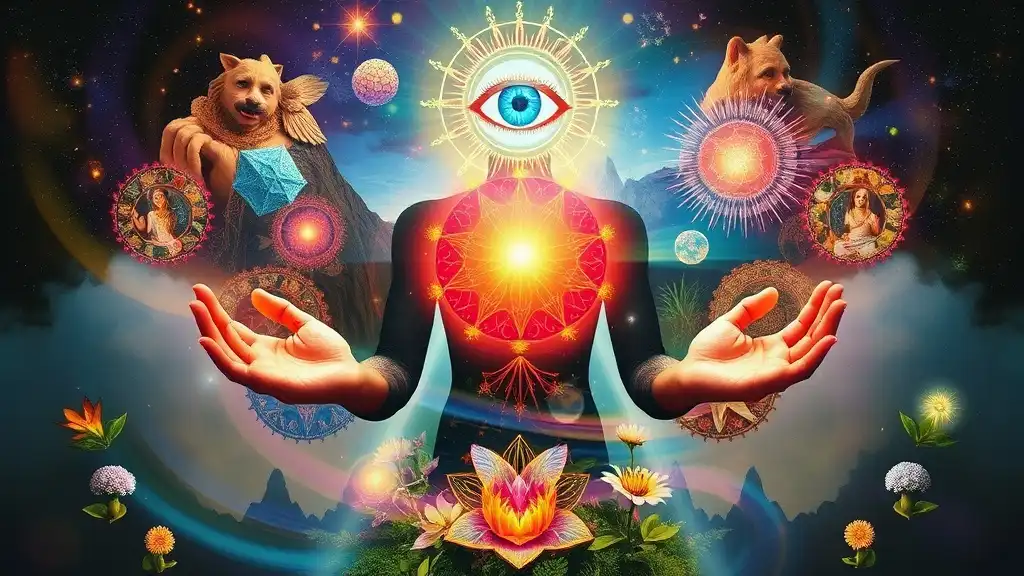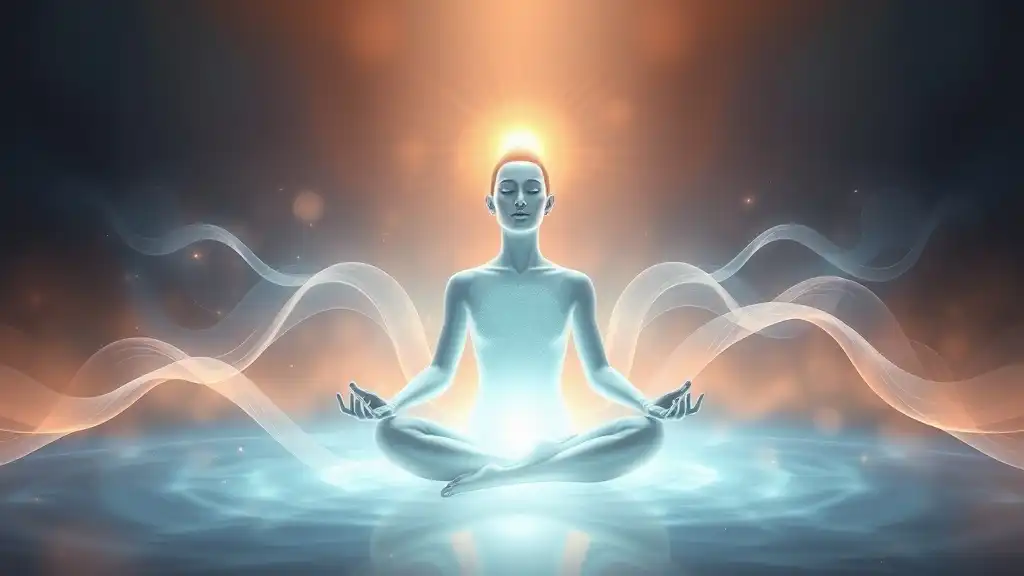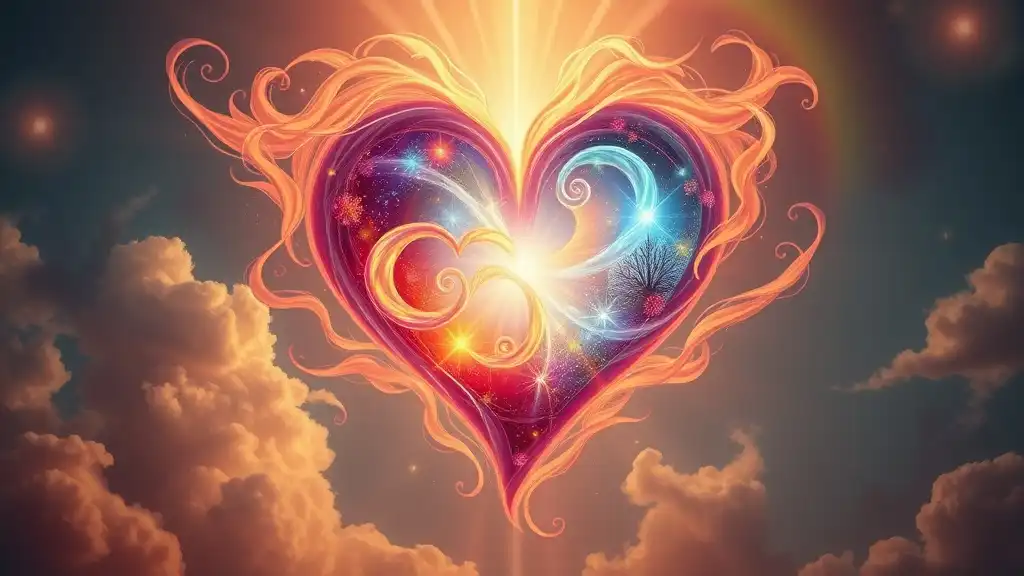Beauty marks, also known as beauty spots or moles, have captivated human imagination across cultures and generations. These small, often unassuming blemishes can carry profound significance, both aesthetically and spiritually. In this exploration, we delve into the deeper meanings of beauty marks, unveiling their unique and intricate roles in self-identity and cultural symbolism.
What Are Beauty Marks?
Beauty marks are essentially small skin imperfections, typically darker than the surrounding skin tone. They can appear anywhere on the body and are often celebrated as symbols of beauty and uniqueness. While society has fluctuated in its views on beauty, the presence of these marks has found its way into the lore of many cultures. Historical context includes references in art and literature, where beauty marks were often deemed the epitome of allure, gracing the faces of iconic figures like Marilyn Monroe and Cleopatra.

The Spiritual Meaning of Beauty Marks
At the heart of the spiritual interpretation of beauty marks lies the concept of individuality. Each beauty mark tells a story, signifying that every person is distinct in their own right. In many cultures, beauty marks are perceived as personal stamps of identity, inviting individuals to embrace their quirks and celebrate what makes them unique.
Beauty Marks in Various Cultures
The significance of beauty marks varies widely across cultures:
-
Western Perspectives: In Western societies, beauty marks have often been romanticized, associated with charm and sophistication. Their presence can evoke a mystique, suggesting a certain depth of character or intrigue.
-
Eastern Interpretations: In some Eastern philosophies, beauty marks are seen as blessings or markers of a person's destiny. They may be considered omens or indicators of one's path in life, suggesting hidden strengths or experiences that shape a person.
-
Indigenous Views: Many Indigenous cultures regard beauty marks not merely as physical features but as spiritual symbols that connect the individual to their lineage and environment. They can represent resilience, history, and the wisdom of ancestors.

Common Misconceptions About Beauty Marks
Misunderstandings about beauty marks often stem from societal pressures and rigid beauty norms. Some myths suggest that beauty marks are imperfections that detract from beauty, leading many to view them with disdain rather than appreciation. Media representations often exacerbate this mindset, with airbrushed images dominating the landscape and presenting an unattainable standard of 'perfection.'
By challenging these misconceptions, we can foster a more inclusive perspective that celebrates diversity rather than enforces conformity. Recognizing beauty marks as integral to one’s identity can be a revolutionary act of self-love and acceptance.

The Personal Journey of Embracing Beauty Marks
Embracing beauty marks involves a profound personal journey toward self-acceptance. Many individuals report transformative experiences when they learn to view their beauty marks with love instead of shame. Here are some ways to navigate this spiritual journey:
- Self-Acceptance Stories: Sharing stories of personal triumph—where individuals have learned to celebrate their beauty marks—can inspire others to do the same. These narratives highlight the journey toward embracing one’s unique features, often revealing a deeper connection to self-worth and confidence.
Meditation and Mindfulness Practices
Incorporating spiritual practices can be an effective way to cultivate a positive relationship with one's beauty marks. Here are a few techniques to consider:
-
Guided Meditations: Engaging in meditation that focuses on self-love can help individuals connect with their bodies and appreciate their beauty marks. Visualizing these marks as symbols of strength or uniqueness can shift perceptions from negativity to celebration.
-
Journaling Prompts: Reflecting through journaling can also be beneficial. Prompts might include questions about what each beauty mark means to the individual or how they relate to personal experiences. This reflective practice encourages a deeper understanding of one’s body as a canvas of life’s journey.

Beauty Marks and the Chakras
The chakras, or energy centers within the body, may also offer insight into the spiritual meanings of beauty marks. For instance, a specific beauty mark's location might correlate with certain chakras:
-
Sacral Chakra (Svadhisthana): If a beauty mark is located on the lower abdomen, it may relate to the sacral chakra, which governs creativity, passion, and emotional balance.
-
Heart Chakra (Anahata): Marks near the heart could signify the heart chakra’s influence, linking them to love, compassion, and connection.
Understanding these overlaps can enhance one’s appreciation of beauty marks, positioning them not merely as physical features but as symbolic representations of the energy and essence within.

Conclusion
The spiritual significance of beauty marks is multifaceted and deeply personal. They remind us to appreciate our individuality and connect us to the rich tapestry of human experience. By embracing beauty marks as a part of our identity, we can embark on a journey of self-discovery, acceptance, and love. Let us move beyond societal standards that aim to suppress our uniqueness and instead celebrate the beauty in our differences. Together, we can honor the marks that tell our stories and glimpse the divine in each other, illuminating beauty in its many forms.

